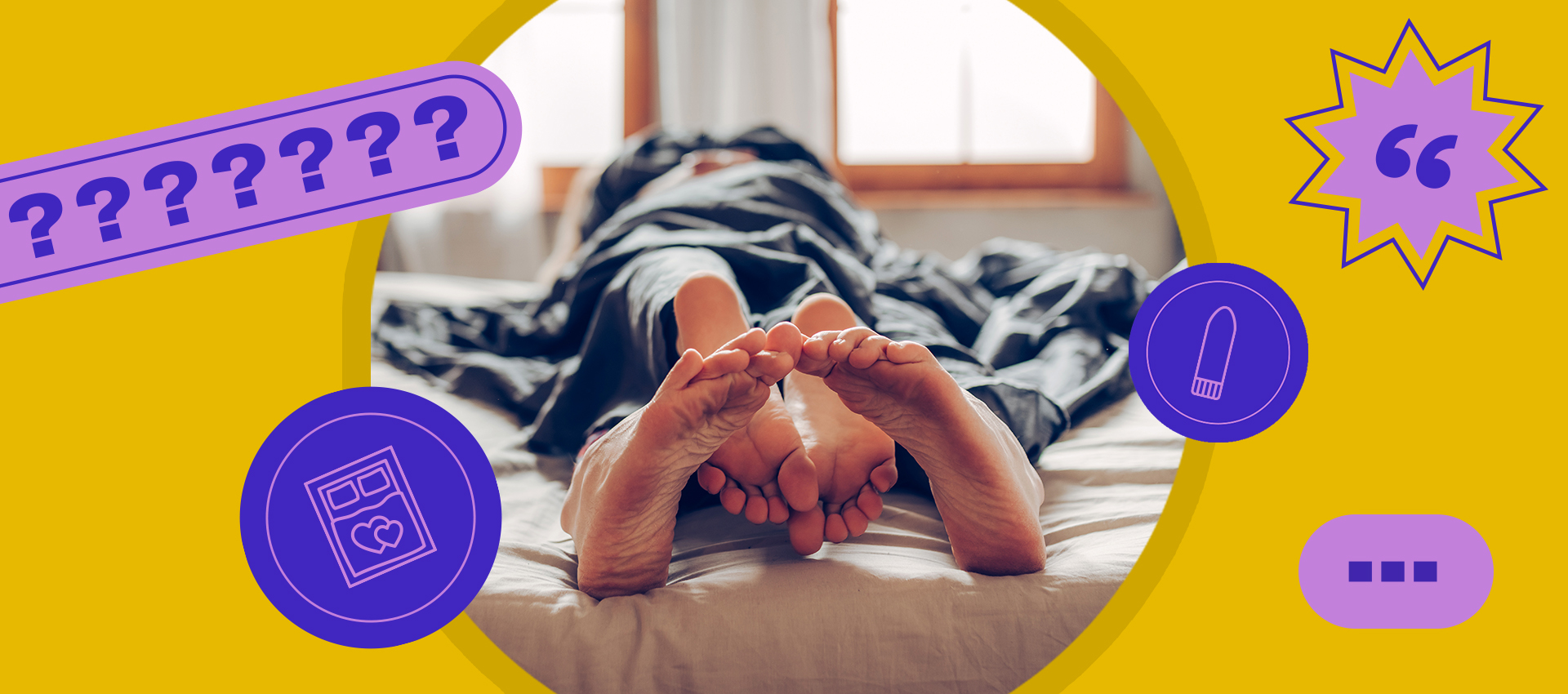Though it’s the safest form of sex, masturbation is still considered taboo and something most of us don’t talk about.
Solo Sex:
Masturbation is a common behavior that plays a role in healthy sexual development. It involves self-stimulation that creates sexual arousal or pleasure, and is a normal way to explore your body and find what feels good.
People masturbate in different ways and there are many ways to do it, however it’s important to know that not everyone is interested in masturbation and that’s okay too! Some people are uncomfortable with masturbation due to cultural or spiritual beliefs, others may prefer having sex with a partner, and some individuals are asexual or experience little to no sexual attraction.
What’s the risk?
Typically – none!
There’s no risk of getting pregnant, and it’s rare to get a sexually transmitted infection (STI) through masturbation (be sure to clean any toys after use).
Make sure that anything used to masturbate (hands, fingers – including under the nails, toys, etc.) is cleaned properly BEFORE and AFTER.
Also, peeing after masturbating (and having sex) is a must because it flushes out the urinary tract to reduce the chance of any bacteria getting in.
These steps will reduce the chances of introducing an infection to your genitals and other body parts used in masturbation.
In addition, there can also be minor physical harm if a person masturbates too roughly or for too long. If this occurs, one may experience tenderness or chafing, but these effects should subside within a day or two.
What are the benefits?
The truth is masturbation is good for you and has many physical and mental benefits.
Research has shown that masturbation can:
- Reduce stress, anxiety and depression.
- Improve sleep and increase focus.
- Boost your mood.
- Relieve tension, aches and pains.
Though not all masturbation results in an orgasm, when it does, the body releases Dopamine (the feel-good hormone) and Oxytocin (the love hormone), which are associated with improved mood.
Additionally, Dopamine and Oxytocin reduce Cortisol (the stress hormone) which can help to reduce stress.
How much is too much?
Only if it begins to interfere with other aspects of your life – like school, work or relationships.
There is no “right amount” of masturbation – in other words, whatever feels comfortable for you! Some people masturbate daily, others a few days a week and some don’t masturbate at all.
However, if you feel like you’re missing work/school, canceling plans or forgetting responsibilities, you may want to consider spending less time masturbating. If you continue to struggle with masturbation interfering with your life, it may be time to reach out to a counselor or therapist for help!
Remember: Masturbation is natural, normal, and a part of healthy sexual development. It’s the safest kind of sex you can have! So be your best partner by taking care of your sexual health and finding a healthcare provider near you!



